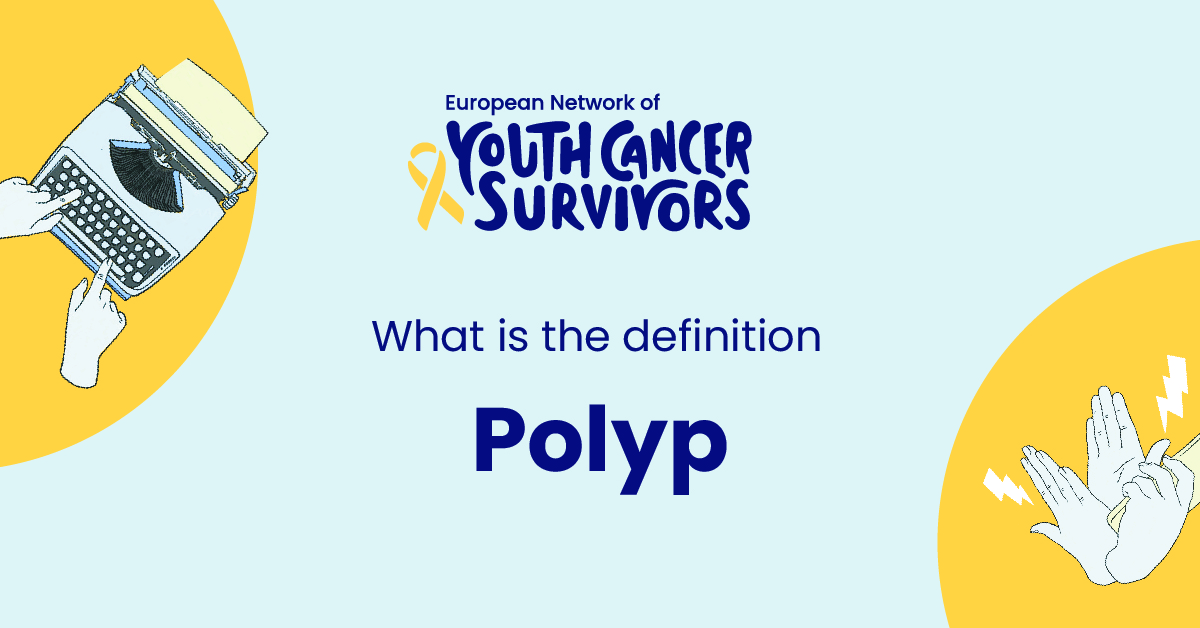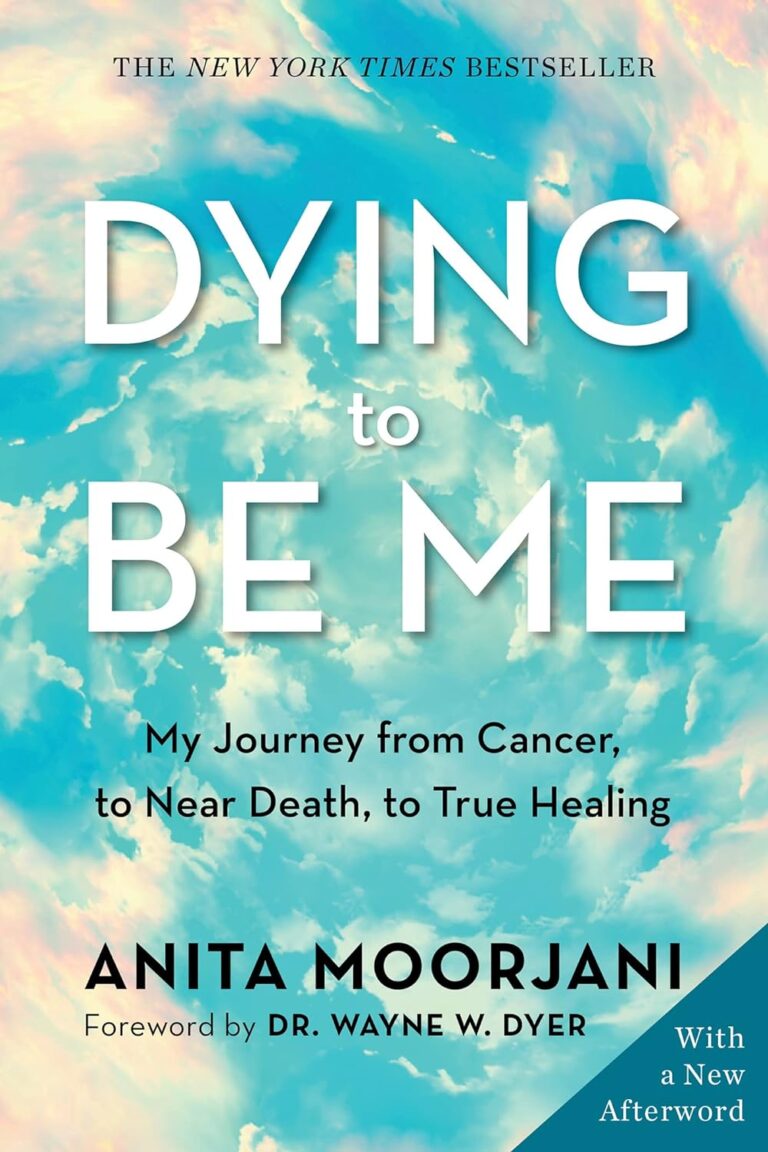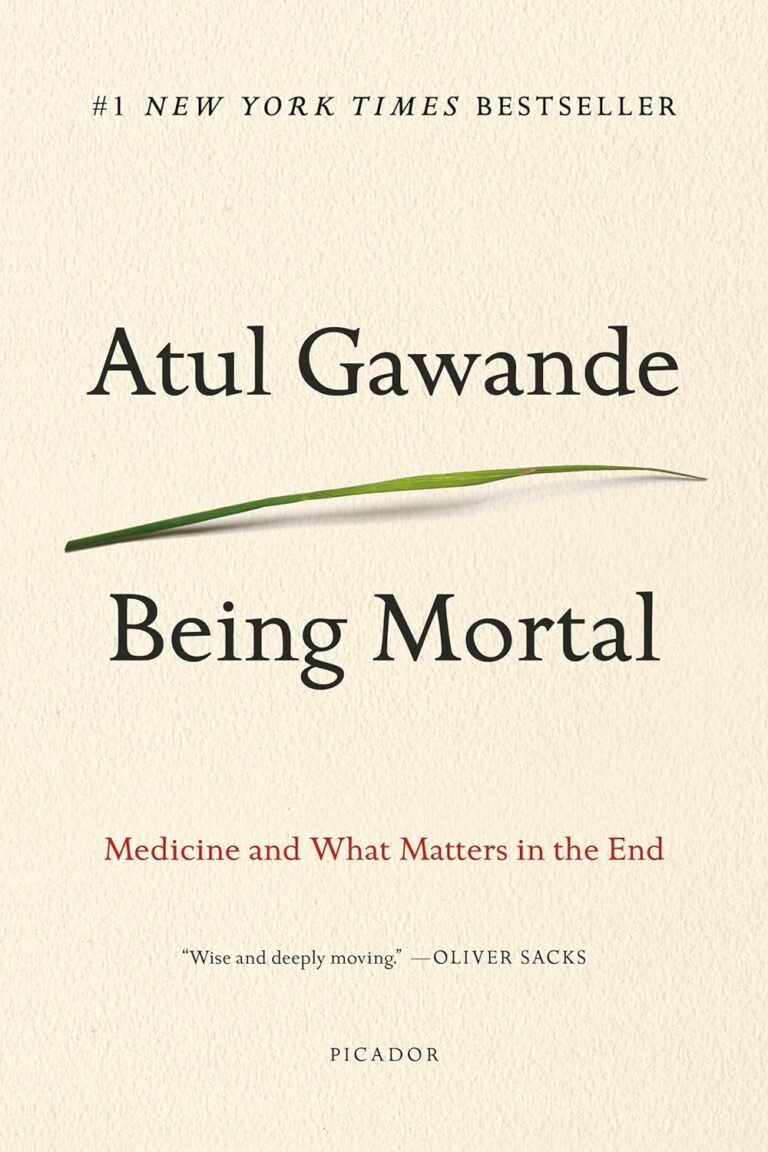
Understanding the Basics of Polyps
At their most basic, polyps refer to any abnormal growth of tissue that forms a mass or lump. They are quite common and can develop in various parts of the body. However, it’s important to remember that most polyps are benign (non-cancerous) though some types can, unfortunately, evolve into cancer if left untreated.
Definition: What is a Polyp?
A polyp is essentially an extra piece of tissue that grows inside your body. They might not cause any symptoms, especially if they are small, or their symptoms might mimic those of other, more common ailments. While the majority of polyps are benign, some types can potentially lead to cancer. This makes the detection and treatment of polyps a critical aspect of healthcare.
Classification: Different Types of Polyps
Polyps are categorized based on where they’re found in the body, including nasal, sinus, throat, cervix, stomach, and colon polyps. Colon polyps are the most prevalent and potentially the most dangerous, as some types can turn into colon cancer if left unchecked.
Where Polyps Can Develop in the Body
While polyps can form in various areas, they mostly occur in places with mucous membranes, like the colon, nose, and uterus. However, they can form anywhere in the body that cells grow abnormally.
Exploring the Causes and Risk Factors of Polyps
Defining the Root Causes
The exact causes of polyps are not entirely understood. However, they appear to be linked to a class of diseases known as neoplastic disorders, in which the body’s cells grow and divide at an abnormal rate. Chronic inflammation may also contribute to polyp development.
Factors Enhancing the Risk of Polyp Development
Several factors can enhance the risk of polyp development, including age, obesity, smoking, and a sedentary lifestyle. Some types of polyps are more likely to occur in women, while others are more common in men.
Heredity and Polyps: Is There a Link?
While anyone can develop polyps, certain inherited disorders, such as familial adenomatous polyposis and Lynch syndrome, significantly increase the risk of developing certain types of polyps.
Recognizing Symptoms and Complications of Polyps
Common Symptoms Associated with Polyps
The symptoms of polyps can vary greatly depending on their location, size, and number. Some polyps may not cause any symptoms and are discovered during routine healthcare procedures. Others may cause symptoms like bleeding, pain, changes in bowel habits, or breathing difficulties.
Polyps and the Risk of Cancer
Some types of polyps are known precursors to certain kinds of cancer. For instance, adenomatous polyps (adenomas) in the colon can evolve into colon cancer over time if not detected and removed.
Complications Resulting from Polyps
When polyps are large, they can obstruct organs, causing symptoms like constipation or difficulty breathing. Also, they may lead to complications by causing bleeding or becoming cancerous.
Diagnosis and Detection of Polyps
Initiating the Consultation: When to See a Doctor?
Experience of prolonged abnormal symptoms like unexpected bleeding, fatigue, or abnormal changes in bowel habits warrant a medical consultation.
Tests and Procedures for Diagnosis
A variety of tests including lab tests, imaging studies, and surgical procedures can help diagnose polyps. For instance, a colonoscopy enables healthcare professionals to check for polyps in the colon.
Interpretation of Diagnostic Results
Depending on the results of the tests, it will be determined whether the polyps are benign, potentially cancerous, or cancerous. The treatment plan will be determined according to the results.
Polyp Prevention and Treatment Options
Lifestyle Adjustments to Prevent Polyps
Healthy lifestyle changes including increased fiber intake, regular exercise, and maintaining a healthy weight can help reduce the risk of developing polyps.
Destination Treatment: Surgical and Medicinal Approaches
Treatment varies per polyp type and location; some may require medication while others may necessitate surgery. For instance, colon polyps are typically removed during a colonoscopy to prevent the risk of them turning into cancer.
Post-Treatment Care and Regular Check-ups
Regular check-ups are essential for preventing polyp recurrence or monitoring existing polyps. Moreover, a healthy lifestyle post-treatment can reduce the chances of recurrence.
Get to know us better
If you are reading this, you are in the right place – we do not care who you are and what you do, press the button and follow discussions live

Conclusion: Taking Control of Your Health
Awareness and Early Detection: Keys against Polyps
Educating oneself about polyps and early detection are key. Regular screening, especially for those over the age of 50 or with a family history of polyps, may save lives.
The Importance of Routine Health Check-ups
Routine health check-ups aid in early detection and treatment. They are indeed the defensive mechanisms protecting your health.
Encouraging Healthy Habits for Polyp Prevention
Prevention is always better than cure, and so, maintaining a healthy lifestyle with a balanced diet, regular exercise, and routine health checks is critical for prevention not only of polyps but also of a vast array of health problems.
Frequently Asked Questions
1. What is the primary cause of Polyps?
The exact causes of polyps are not completely clear. However, abnormal cell growth, chronic inflammation, and some inherited disorders are considered contributing factors.
2. Are all polyps cancerous or do they pose a risk for cancer?
Not all polyps are cancerous, but certain types, like colon adenomatous polyps, can become cancerous over time, if not treated.
3. What is the process for diagnosing Polyps?
Polyps are diagnosed through a combination of symptom review, physical examination, and different tests like colonoscopy, sigmoidoscopy, or barium enema.
4. Can Polyps be prevented? If so, how?
Polyps cannot be entirely prevented, but the risk can be reduced by maintaining a healthy lifestyle including a high fiber diet, regular exercise, and avoiding smoking.
5. What kind of lifestyle changes may help in preventing Polyp formation?
A balanced diet rich in fruits, vegetables, and fiber, maintaining normal body weight, regular exercise, and quitting smoking, can significantly cut your risk of developing polyps.

















Comments
Thank you. Comment sent for approval.
Something is wrong, try again later